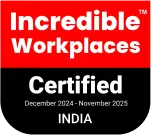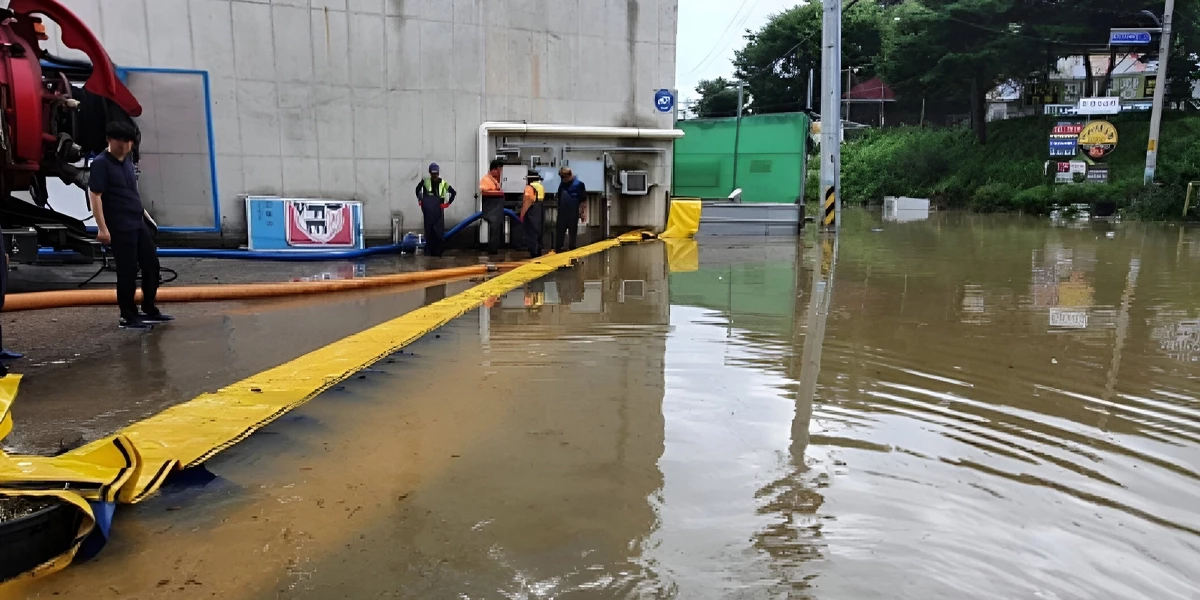

Water, essential for life on Earth, is under unprecedented pressure from rapid population growth, climate change, and increasing demands from agriculture and industry. As the global population rises, the need for clean water intensifies, leading to over-extraction and ecosystem degradation. Climate change worsens this by altering precipitation patterns and increasing droughts and floods. Agriculture, a major water user, faces pressure to produce more food, often resulting in unsustainable practices, while industrial activities further deplete and pollute local water supplies.
These challenges highlight the urgent need for sustainable water management, which aims to ensure water availability and quality for future generations while balancing ecological health and economic needs. This involves implementing policies for water conservation and ecosystem protection. While modern engineering solutions like dams and reservoirs are essential as a smart water management system, there is an increasing appreciation for traditional water management practices. These methods, developed by local communities, often demonstrate a deep understanding of local ecosystems and include techniques like rainwater harvesting and traditional irrigation.
Traditional water management systems, in general, that have been referred to as indigenous or vernacular, have developed over generations, responding to specific local conditions. Such traditional systems show excellent knowledge of their local hydrology, climate patterns, and ecological balance. Some of these include:
Examples of these technologies include rainwater harvesting, roof-to-water collection, and recharge structures. These have been practiced for centuries in many places, helping capture rainwater and store it. Recharge into groundwater through recharge structures also helps mitigate the effects of drought.
Traditional farm practices include crop rotation, contour farming, and growing drought-resistant crops to minimize water loss and promote the use of available water.
Traditional water management over smart and sustainable water management strategies often involves community participation and equitable distribution of water resources. These systems fostered a sense of collective responsibility and ensured equitable access to water for all members of the community.
While modern engineering has enabled us to construct large-scale infrastructure projects like dams and canals, these approaches often have significant limitations:
Large-scale infrastructure projects can have significant environmental impacts, including habitat destruction, displacement of communities, and disruption of natural water cycles.
These projects can also have significant social and economic impacts, including displacement of communities, loss of livelihoods, and social unrest.
Modern water management systems often lack the flexibility to adapt to changing environmental conditions and the evolving needs of local communities.
Understanding that pure modern engineering approaches have their own limitations, there is an increasing tendency to merge modern engineering solutions with traditional knowledge and practices. Such an integration would result in a more sustainable, equitable, and resilient water management system.
Incorporating traditional knowledge into modern water management technology can enhance the understanding of local hydrology, climate patterns, and community needs.
Reviving and adapting traditional water management practices, such as rainwater harvesting and groundwater recharge structures, can help conserve water resources and improve water security.
Ensuring the active participation of local communities in the planning, implementation, and management of water resources is crucial for the long-term sustainability of any water management project.
YOOIL Envirotech, a global leader in water solutions, is committed to sustainable water management practices. We believe that by integrating traditional knowledge with modern engineering, we can create innovative and sustainable solutions that address the complex challenges of water scarcity and pollution.
Our approach to water management is rooted in the following principles:
We take a holistic approach to water management, considering the entire water cycle and the interconnectedness of different water sources.
We work closely with local communities to understand their unique needs and develop tailored solutions that are culturally appropriate and socially equitable.
We are committed to minimizing the environmental impact of our projects and promoting sustainable water use.
We use advanced technology to design new and effective water management solutions.
We develop long-term partnerships with our customers, giving them continued support and maintenance to make our projects sustainable.
We at YOOIL Envirotech are dedicated to building a sustainable water future for our progeny. Our approach is led by an all-encompassing strategy based on a harmonious marriage of age-old wisdom with modern engineering practices. We recognize the invaluable insights and techniques passed down through generations, which have long emphasized the importance of water conservation and management.
By integrating these time-honored methods with cutting-edge technology and innovative engineering solutions, we aim to create a holistic framework for water sustainability. Our initiatives primarily focus on the efficient use of water resources, developing advanced water treatment systems, and implementing eco-friendly practices that ensure minimal environmental impact. We emphasize community engagement and education to ensure the local population is knowledgeable and empowered with the right tools to manage their water resources. Furthermore, YOOIL Envirotech is dedicated to research and development, continuously exploring new technologies and methodologies to enhance water quality and accessibility. We collaborate with various stakeholders, including governments, NGOs, and local communities, to create tailored solutions that address specific regional challenges.
By fostering a culture of sustainability and innovation, we aspire to meet today's water needs and safeguard this precious resource for future generations. Our vision is to create a world where clean, safe, and sustainable water is accessible to all, ensuring a healthier planet and a brighter future for everyone.
